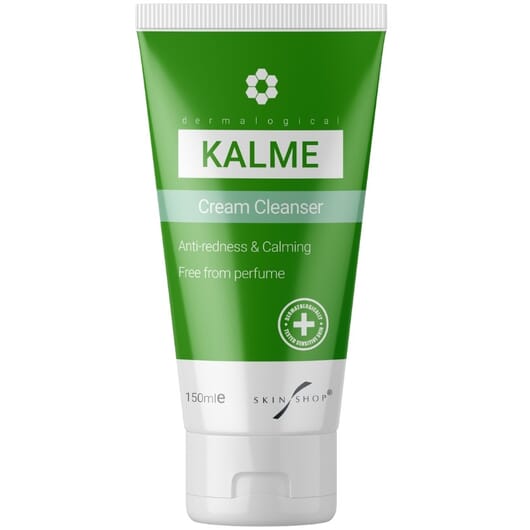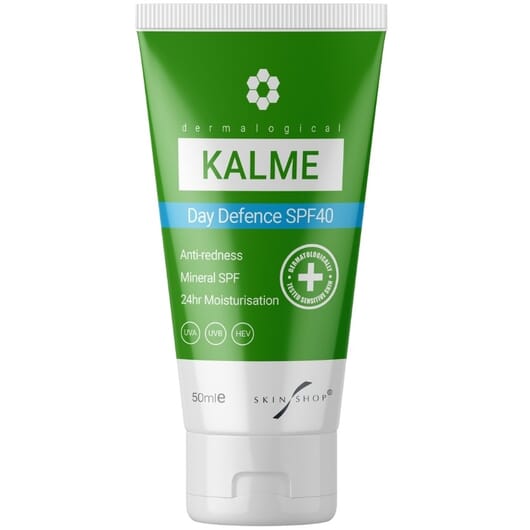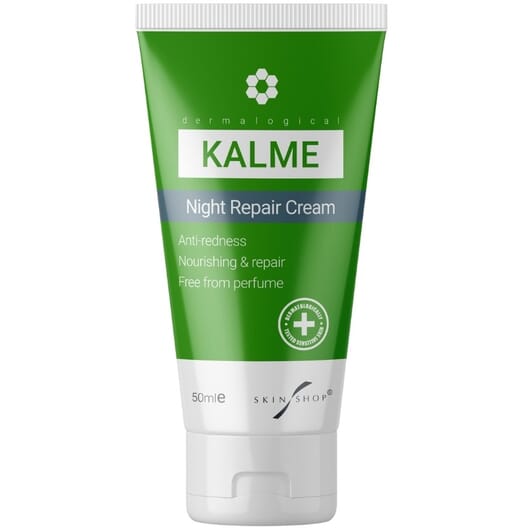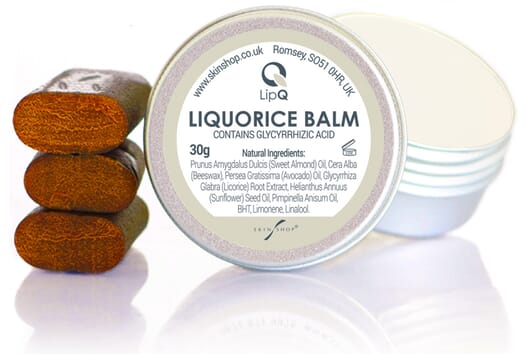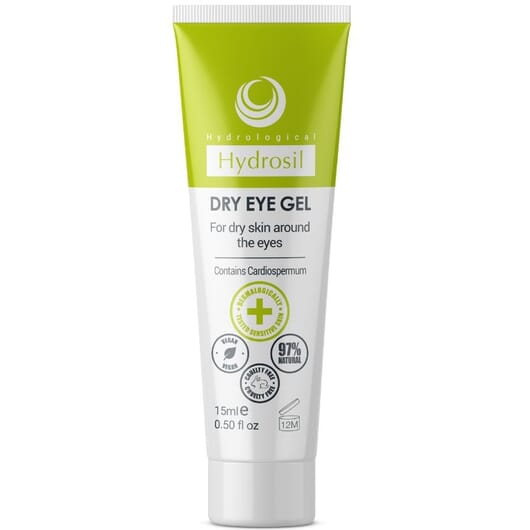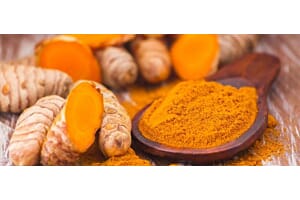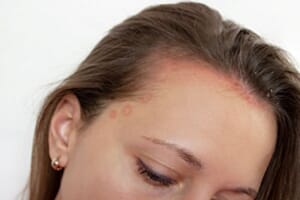Like the seasons, skincare routines should change with the weather.
As the temperature drops towards winter and the humidity in the air does too so it becomes drier.
Low humidity outside combined with central heating inside too often leads to drier, redder, itchier and flakier skin due to acerated TEWL (transepidermal water loss) especially if you have a pre-existing dry skin condition such as eczema or rosacea.
Layering more than one product (up to 3-4 is fine if they are targeted and compatible) for dry skin, sensitive skin and red skin can help prevent your skin becoming a casualty of winter.
Consultant dermatologist Dr Eva Melegh gives her advice on seven ways to reduce the risk of winter dry skin;
1. Call in a creamier cleanser
It’s best to reduce exfoliation in winter to 1-2 times a week if you are prone to dry skin or redness. Instead switch to a daily gentle and preferably water-free cream cleanser to clean skin and avoid washing the face too much with water.
Water can evaporate more moisture from the surface of the skin when it dries making it drier and more reactive. A cream cleanser is gentler and more moisturising on dry winter skin.
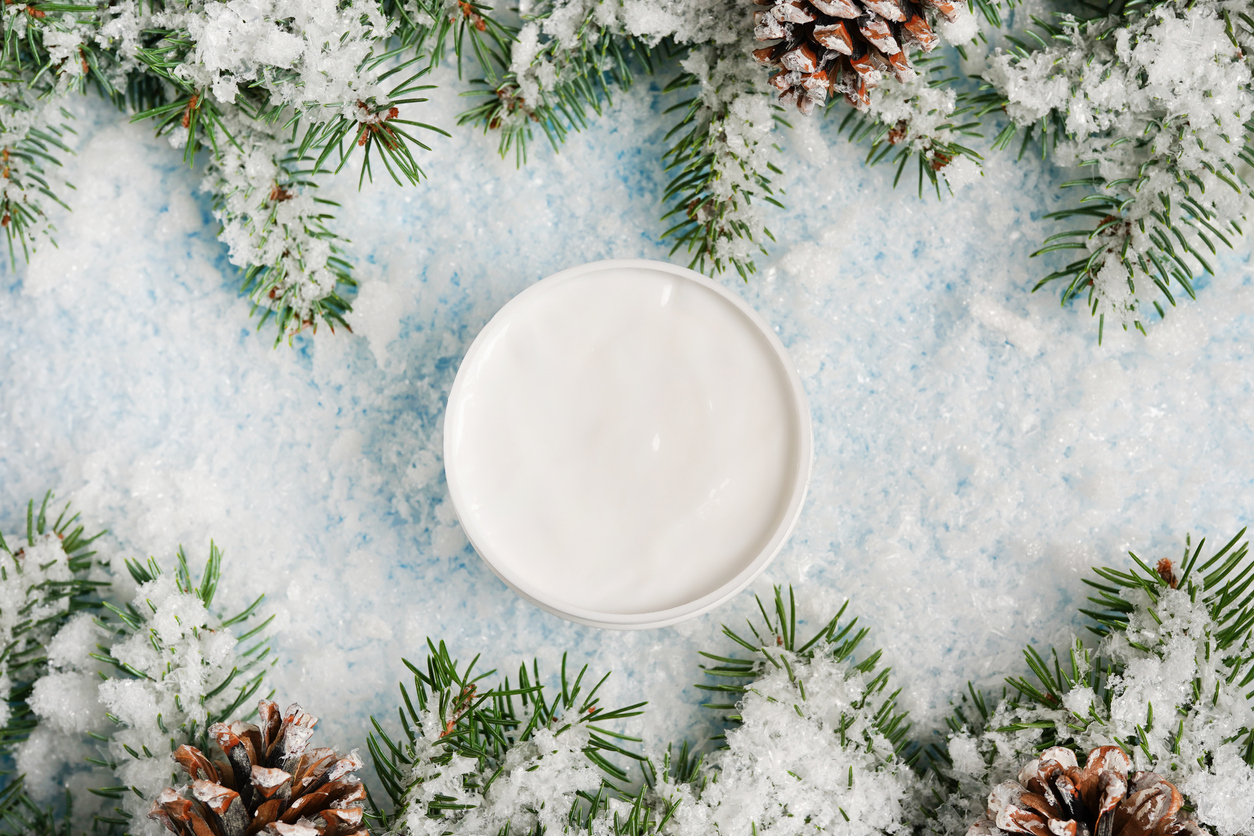
Similarly for washing generally, a hot bath might feel great on a cold day, but too hot water will remove the layer of seum from the skin. It is better to switch to lukewarm and fairly quick showers during the winter months and then immediately moisturise skin afterwards while skin is still slightly damp.
2. Soothe skin sensitivity
Dry skin often becomes red skin too as the dryness makes it more sensitive and once skin is sensitive it often becomes inflamed and red which accelerates TEWL and will lead to even more dryness and flaking.

Reducing sensitivity can be achieved by using a base product applied straight after cleansing and shaving with targeted de-sensitising ingredients to decrease the release of pro-inflammatory neuromediators in the skin. This may sound complicated but there are many natural products that help reduce the skin’s sensitivity.
Also use a SPF of at least 20 either as a stand along product or as part of foundation or concealing product over your base product during the winter months as even if the sun is not shining. Cold windburn and UV reflection from clouds can inflame skin sensitivity and increase TEWL and red skin. Make sure the SPF product also contains moisturising ingredients and is suitable for sensitive skin.
3. Moisturise under make-up
In summer skin can become sweaty and greasy making cosmetics slide off more easily, but in the winter if the skin is drier cosmetics can actually have a more drying effect, especially matt foundations and powders.
In winter it's very beneficial to use a moisturising product under cosmetics even if you are using a tinted moisturiser or concealer. That extra layer of moisture will help prevent winter skin from drying out. Look for products that contain ingredients with 24 hour moisturing claims.
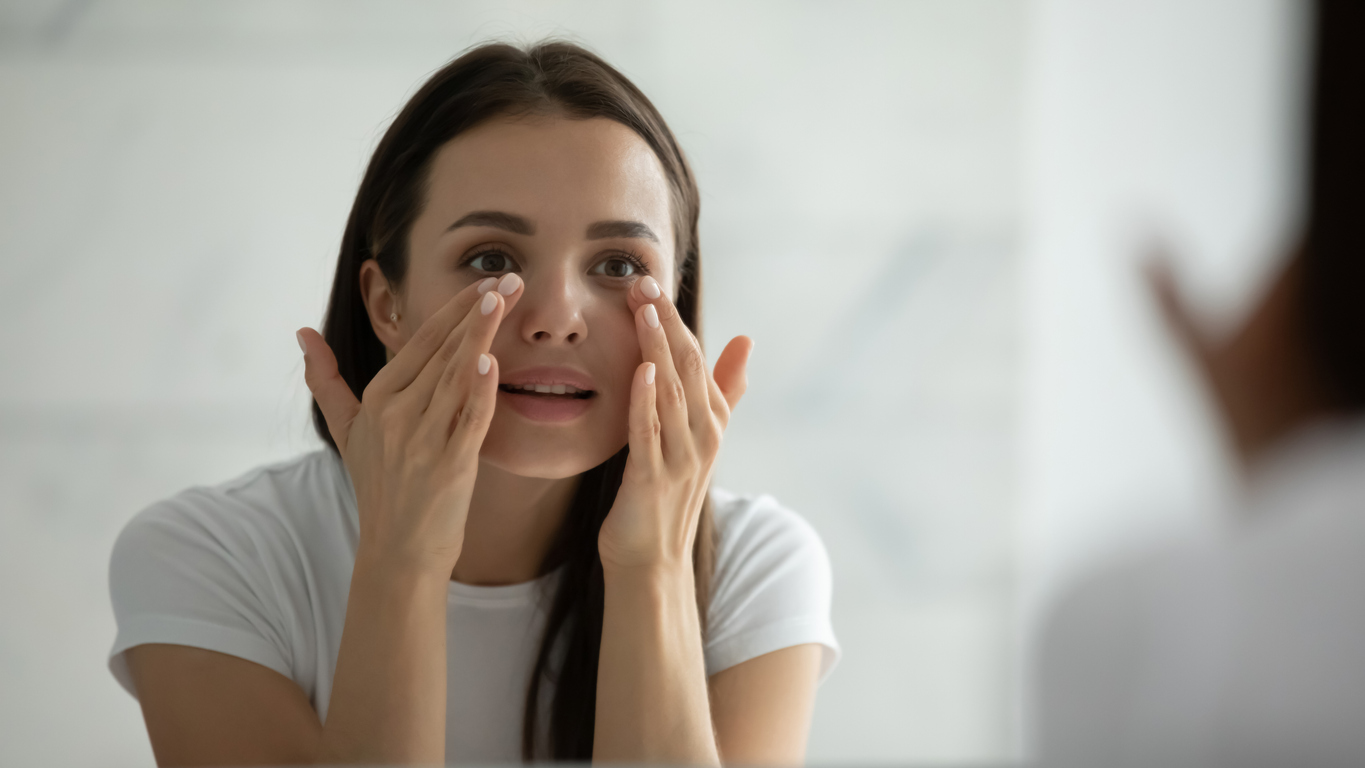
It’s also crucial in winter to wear an eye product for dry skin and irriated skin around the eyes and on the eye lids under any eye cosmetics. The skin around the eyes is particularly vulnerable to dryness during the winter months and needs protection from the wintry elements. Look for eye products that address dryness as well as itching and irritation.
4. Seal in moisture with serums overnight
Overnight is when winter skin becomes most dehydrated due to internal heating. So just a single night skincare product is often not sufficient for dry skin during winter.
A winter overnight skincare routine should include more than one product with humectant and occlusive ingredients. Humectants draw water to the epidermis while occlusives seal that moisture in and protect it from evaporating.

Aside from a base product applied after cleansing, a rich and repairing night cream with antioxidants and essential fatty acids plus a non-comedogenic oil-based serum layered over the top is a good combination for keeping dry skin moisturised all night. If you can add a prebiotic to that too all the better as these help repair skin barrier function overnight to keep moisture locked in.
Effectively moisturised skin should still be flexible and comfortable by morning and not dry or tight.
Any form of heating systems including airconditioning reduce moisture in the air. Use a humidifier device and be sure that the heating control is kept on low or moderate temperature to avoid extra dryness in the air.
-
Slather on a buttery salve
Salves are a saviour for winter dry skin and should be added to daily skincare routines and used liberally on all areas of rough dry or cracked skin such as elbows, ears, nostrils, eyebrows, knees and feet. Salves that contain natural butters as well as anti inflammtory ingredients are great for dry itchy winter skin.
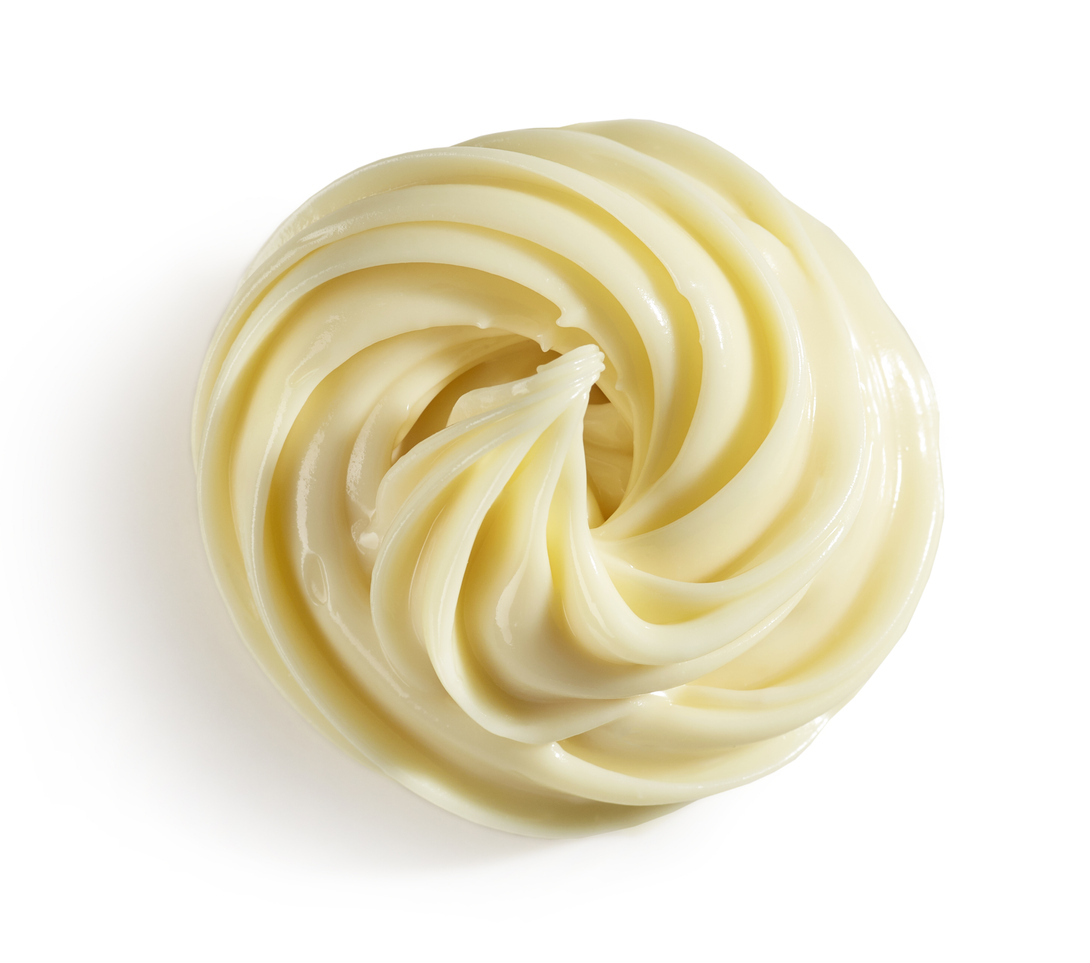
-
Feed skin barrier function
Healthy skin barrier function is the key to keeping moisture locked in but dryness and inflammation are the two things that weaken skin barrier function the most.
Skin prebiotics are like fuel for skin barrier function and help to keep it teaming with good skin bacteria that keeps it more robust against wintry elements.
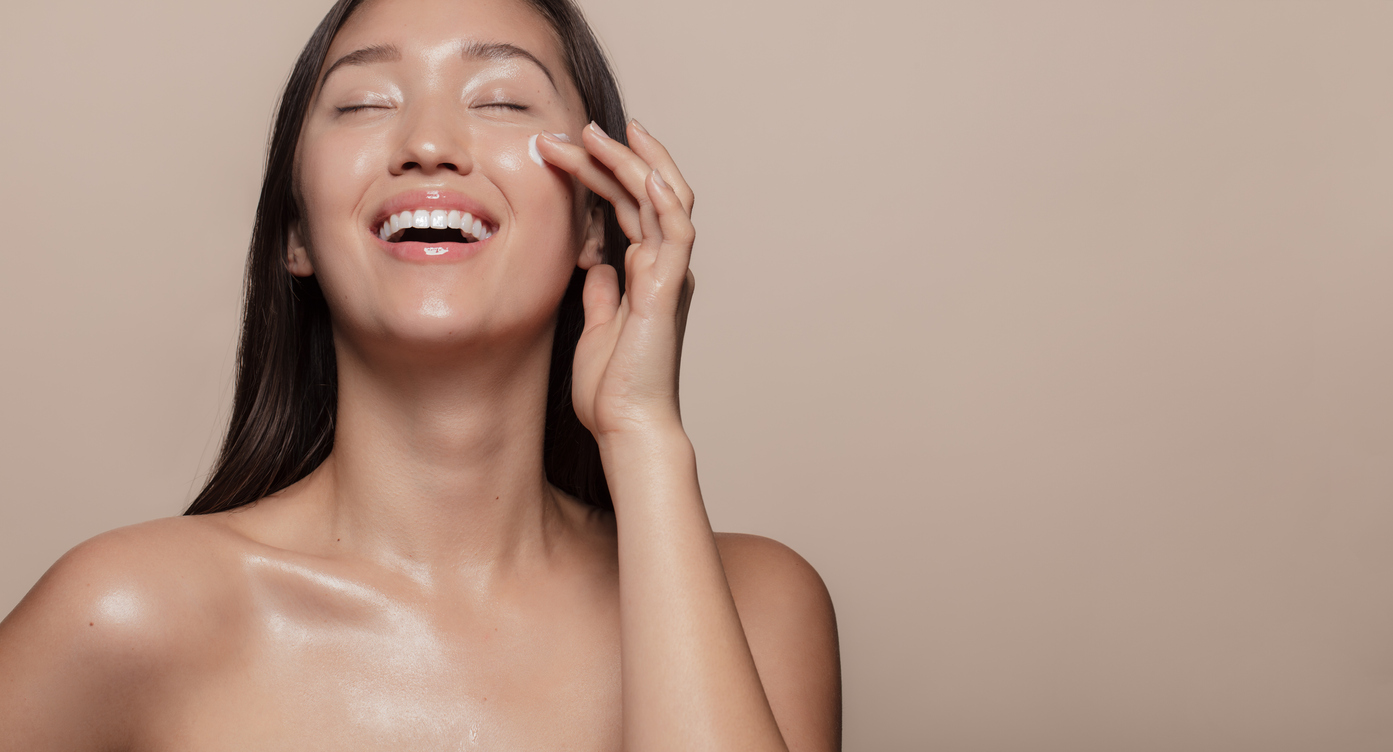
For winter skin, prebiotics are more helpful than probiotics as they are the nutrients the skin barrier needs to stay hardy. Look for products that feed good skin flora.
-
Keep lips lubricated
Lips are one of the first areas suffer when air humidity drops and winds turn colder. Chapped and cracks can appear quickly which can immediately trigger a cold sore outbreak if you are in the 50% of the population that carries the cold sore herpes simplex virus.
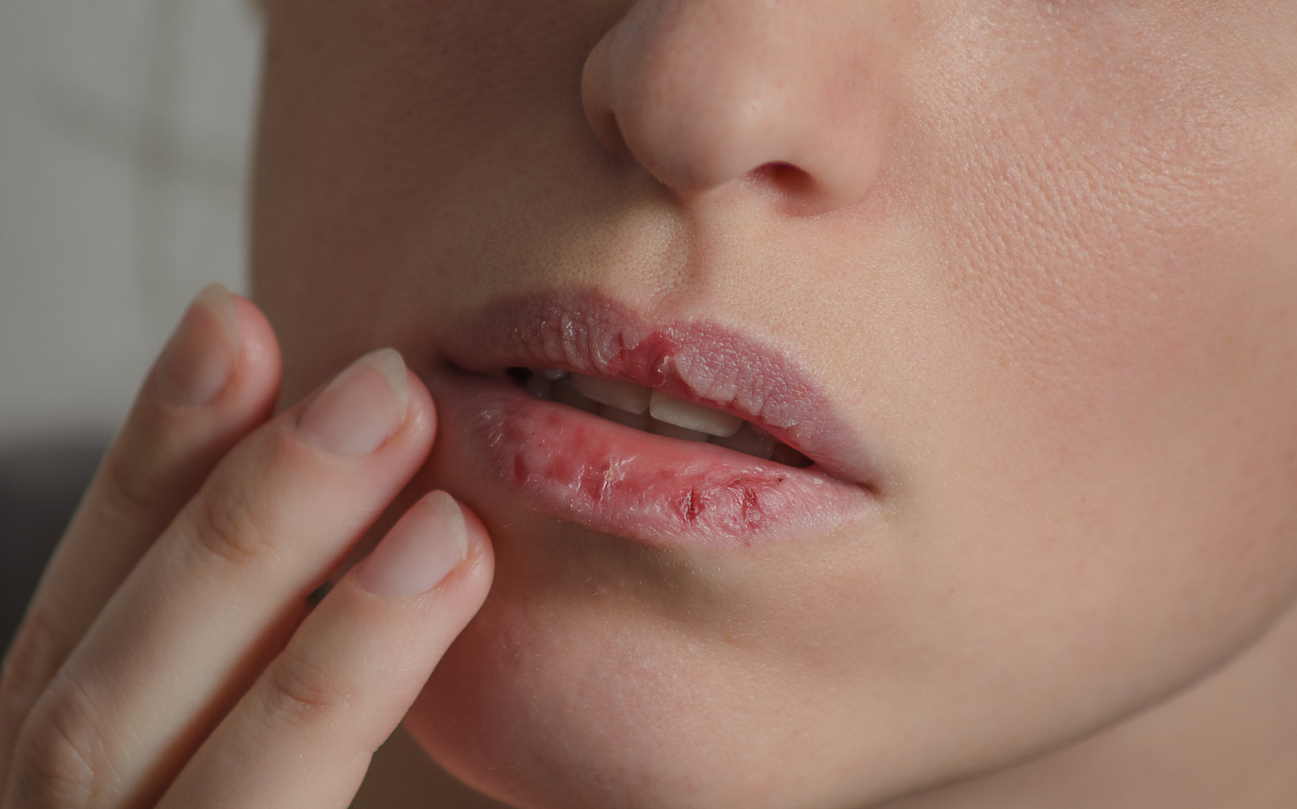
The key to preventing cold sores is to always keep lips extra lubricated and flexible during winter. The best way to do this is to use a natural perfume and colour free lip balm preferably with natural cold sore fighting ingredients in it.
Use a lip balm several times a day, take it with you when you are out and about and keep applying it. Avoid lipsticks in heavy colours or matt versions. If you need some colour just add a little lip stick over the lip balm but wear the balm first and always wear a lip balm thickly applied overnight. If you have a good skin flora product you can swipe a layer over and around the lips too for good measure to help repair lip barrier function.
Also try and not to sip hot drinks. Let them cool down a bit first.




